
Freedom of Religion or Belief Conference
19 / 12 / 22
Menu

18 / 05 / 20
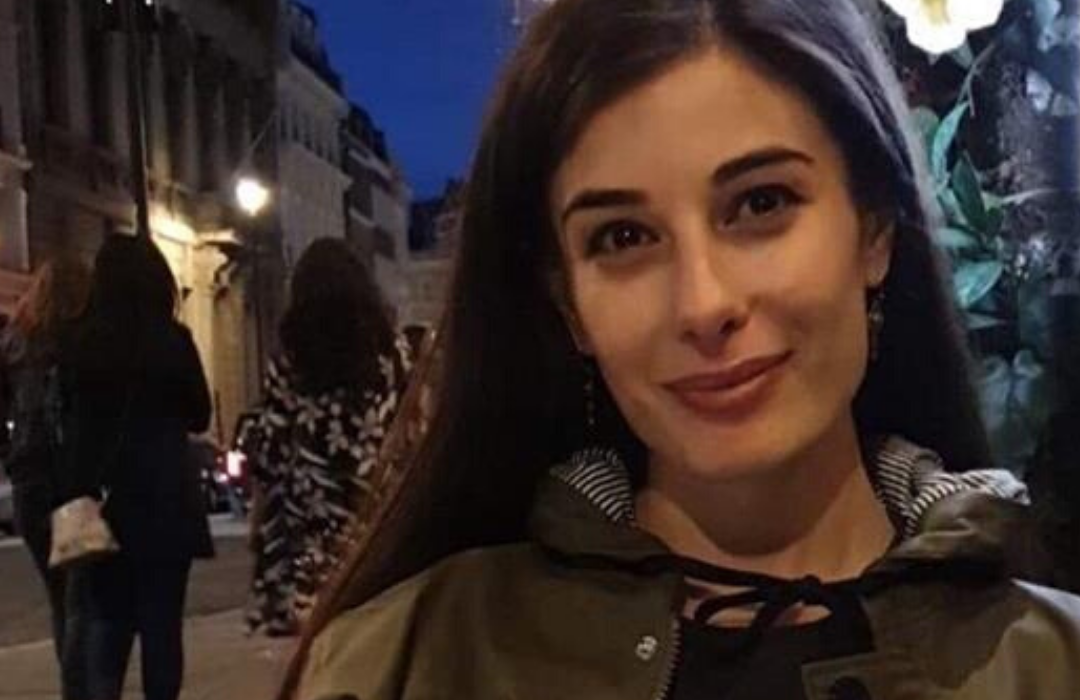
Welcome to this week’s Staff Showcase, where we meet Evi Koumi and her reflections on the complexity of interfaith work…
Your name and job title: Paraskevi (Evi) Koumi, Education & Learning Consultant
What made you initially interested in interfaith work?
Before working at F&BF I didn’t know much about interfaith. I’d been working in Cyprus peacebuilding efforts, and identity-based dialogue between educators was a large part of that. When I moved back to the UK I was concerned about rising faith-based hate crime and I thought that faith or belief identity would be a good thing to have more open discussions about. I was interested in helping to provide spaces for people to learn about each other and address stereotypes and misconceptions.
Why do you feel it’s still required in our world? What motivates you?
Interfaith dialogue is really important. Even for somewhere like London which is diverse and has different backgrounds living and working together, people can walk around with grave misunderstandings about each other (or people they have grouped together) and this means false or dangerous narratives can spread easily. Interfaith gives us a chance to address the questions we have and to learn more about who we are and what we believe through discussions with other people. On the ‘who we are’: interfaith can encourage us to be more open and proud of different aspects of our identity in our usual spaces. It helps build skills 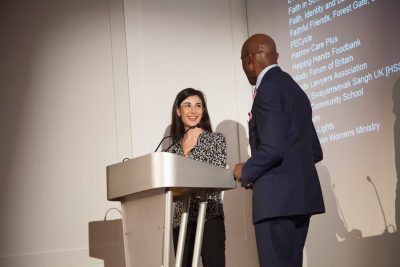 crucial for everyday life like empathy, self-reflection, confidence, etc.
crucial for everyday life like empathy, self-reflection, confidence, etc.
What motivates me? I love that moment when people leave a room with a more nuanced understanding of someone or someone’s identity. When the potential is for openness and collaboration rather than fear or hatred. I suppose I’m motivated by the implications of a lack of dialogue!
How did you first hear about F&BF?
Two former managers of mine (who weren’t in touch) from the peacebuilding NGO world of Cyprus forwarded me the vacancy I applied for. I was newly back in the UK so hadn’t heard of the organisation, but I remember how thrilled I felt when first reading about the work of (then 3FF) and their approach.
How would you explain what you do to someone completely unfamiliar with our work, and what is your favourite aspect of your job?
In a nutshell, we bring together people of different faith and belief backgrounds to explore their own identity and learn from each other through dialogue or sometimes collaborative social action.
I’m very lucky to work on the School Linking Programme which matches different schools together. So unsurprisingly, my favourite aspect of my job is visiting schools and seeing young people having the opportunity to stop and think what makes them who they are, what it means to belong to the groups they do, and to take pride in sharing that with new people. I love hearing young students ask their partner class the ‘curiosity’ questions they have, and building genuine connections through commonalities they find or differences they appreciate.
I also love it when the teachers who facilitate the day get to relax for a moment, overcome initial shyness and have an open chat with staff from the other school. Especially when they’re passionate about their own beliefs, or they already have ideas about a particular community in their local area, it’s great to watch them learn from each other and get excited about it! It’s incredibly rewarding watching people on the Linking journey in general.
What is the most common misconception about your job? And what is the truth?
The myth I find myself addressing most commonly is that because we ‘do’ interfaith, we only work with religious people. Firstly, we understand ‘being religious’ to be something complex and fluid. Secondly, it’s not true at all! We endeavour to work with people of all faith and belief
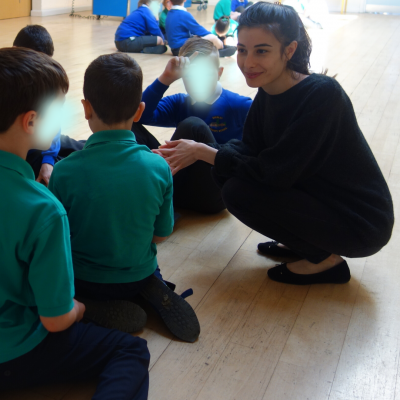
backgrounds, whether religious or non-religious; whether people have a lot of conviction in what they believe or aren’t sure. The guiding principle as I understand it is that everyone has values they hold dear; everyone has beliefs.
Having said that, it’s important for us as a team to continue to ensure our programmes truly are open to everyone, and that the spaces we convene take into account the societal power dynamics at play in order to keep people comfortable and safe and for our work to be as inclusive as we want it to be.
What didn’t you realise about interfaith until working at F&BF?
I didn’t realise that there were real levels of complexity. The only interfaith I knew about dealt with religious representatives and therefore didn’t take into account how different people live out their faiths in different ways – or even how the same person has a complex relationship with their faith or belief. Working here has taught me that interfaith can celebrate that genuine lived experience and the richness of diversity across or within faith traditions. Similarly, I had a very narrow view of ‘faith schools’, believing that that they’d restrict appreciation of other faiths among other things – that stereotype has been crushed! Visiting lots of faith and non-denominational schools across London has taught me that no two schools are the same (obviously) and that faith schools can sometimes provide a richer education in that sense. I’ve
really learnt not to generalise about schools.
What are you most proud of during your time here at F&BF?
Any moment where teachers or students let go of a stereotype, or felt proud speaking about an aspect of their identity, really warmed my heart and felt incredibly rewarding.
I also felt proud to be part of F&BF’s Race and Faith Working Group, which strives to both champion and celebrate diversity, as well as to support the charity towards proactively anti-racist internal and external policies and processes.
What floats your boat outside of work?
I’m fairly basic but I really do love looking at trees or the (Mediterranean!) sea. I like the fact that as an activity it’s so timeless and unites people from all walks of life across the world’s generations.

19 / 12 / 22
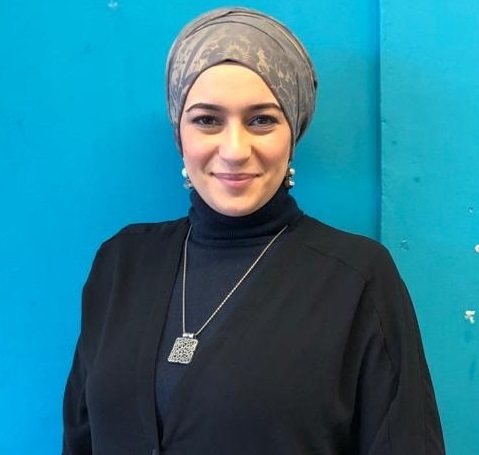
31 / 03 / 21
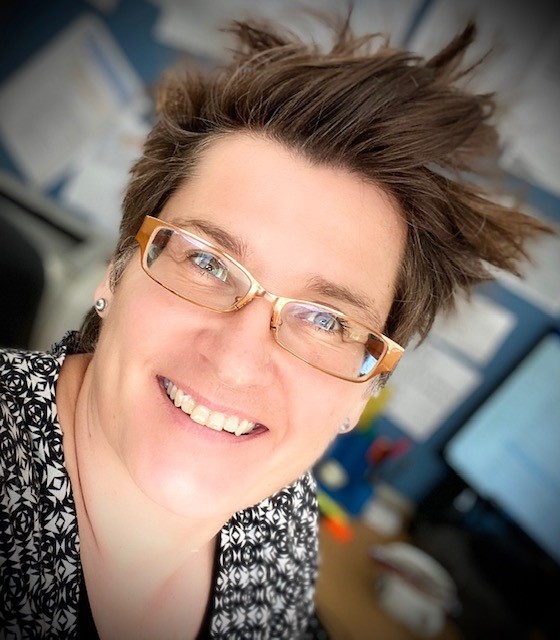
31 / 03 / 21